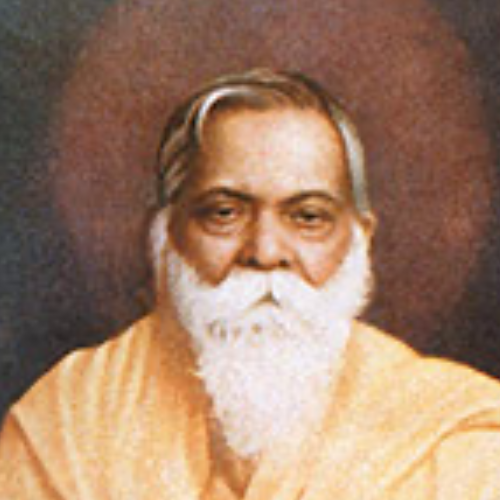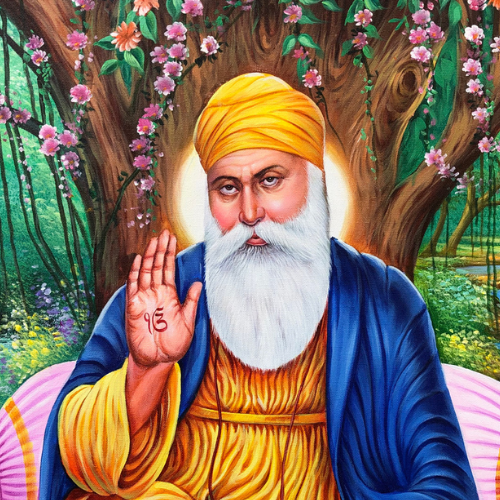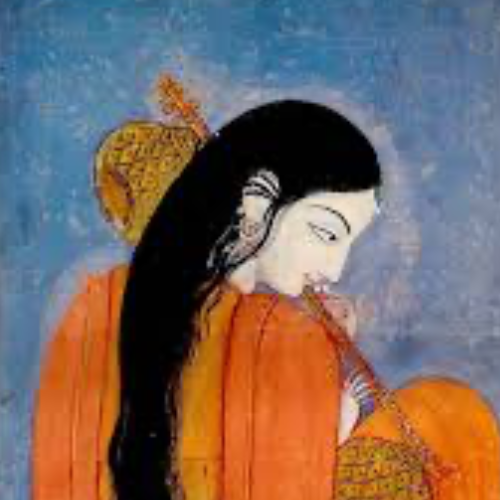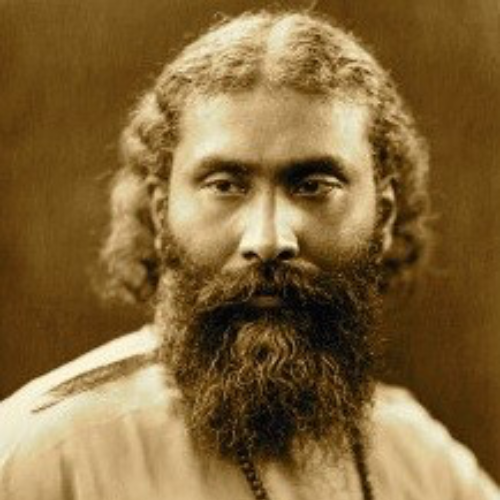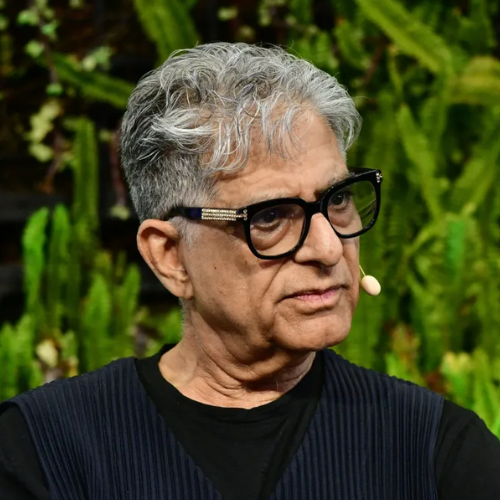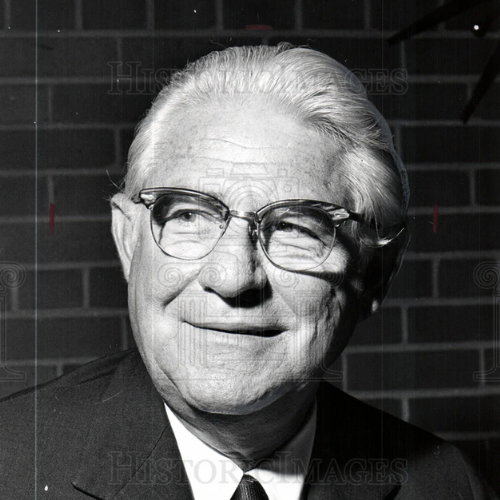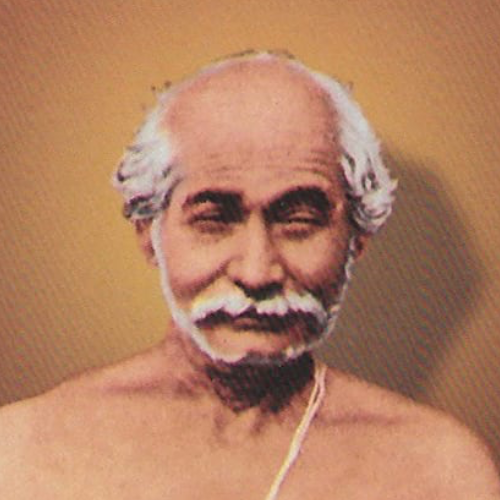Only the just man enjoys peace of mind.
He who has peace of mind disturbs neither himself nor another.
We begin every act of choice and avoidance from pleasure, and it is to pleasure that we return using our experience of pleasure as the criterion of every good thing.
I have never wished to cater to the crowd; for what I know they do not approve, and what they approve I do not know.
Do not spoil what you have by desiring what you have not; remember that what you now have was once among the things you only hoped for.
Death, the most dreaded of evils, is therefore of no concern to us; for while we exist death is not present, and when death is present we no longer exist.
Moreover, the universe as a whole is infinite, for whatever is limited has an outermost edge to limit it, and such an edge is defined by something beyond. Since the universe has no edge, it has no limit; and since it lacks a limit, it is infinite and unbounded. Moreover, the universe is infinite both in the number of its atoms and in the extent of its void.
Pleasure is the beginning and the end of living happily. Epicurus taught: Pleasure, defined as freedom from pain, is the highest good.
Most men are in a coma when they are at rest and mad when they act.
Whatsoever causes no annoyance when it is present, causes only a groundless pain in the expectation. Death, therefore, the most awful of evils, is nothing to us, seeing that, when we are, death is not come, and, when death is come, we are not. It is nothing, then, either to the living or to the dead, for with the living it is not and the dead exist no longer.
Not what we have But what we enjoy, constitutes our abundance.
It is not the young man who should be considered fortunate but the old man who has lived well, because the young man in his prime wanders much by chance, vacillating in his beliefs, while the old man has docked in the harbor, having safeguarded his true happiness.
Man was not intended by nature to live in communities and be civilized.
A strong belief in fate is the worst kind of slavery; on the other hand, there is a comfort in the thought that God will be moved by our prayers.
We ought to be thankful to nature for having made those things which are necessary easy to be discovered; while other things that are difficult to be known are not necessary.
He who understands the limits of life knows that it is easy to obtain that which removes the pain of want and makes the whole of life complete and perfect. Thus he has no longer any need of things which involve struggle.
He who says either that the time for philosophy has not yet come or that it has passed is like someone who says that the time for happiness has not yet come or that it has passed.
For a wrongdoer to be undetected is difficult; and for him to have confidence that his concealment will continue is impossible.
The pleasant life is not produced by continual drinking and dancing, nor sexual intercourse, nor rare dishes of sea food and other delicacies of a luxurious table. On the contrary, it is produced by sober reasoning which examines the motives for every choice and avoidance, driving away beliefs which are the source of mental disturbances.
He who needs riches least, enjoys riches most.
There is nothing terrible in life for the man who realizes there is nothing terrible in death.
Men, believing in myths, will always fear something terrible, everlasting punishment as certain or probable . . . Men base all these fears not on mature opinions, but on irrational fancies, that they are more disturbed by fear of the unknown than by facing facts. Peace of mind lies in being delivered from all these fears.
It is not so much our friends' help that helps us, as the confidence of their help.

